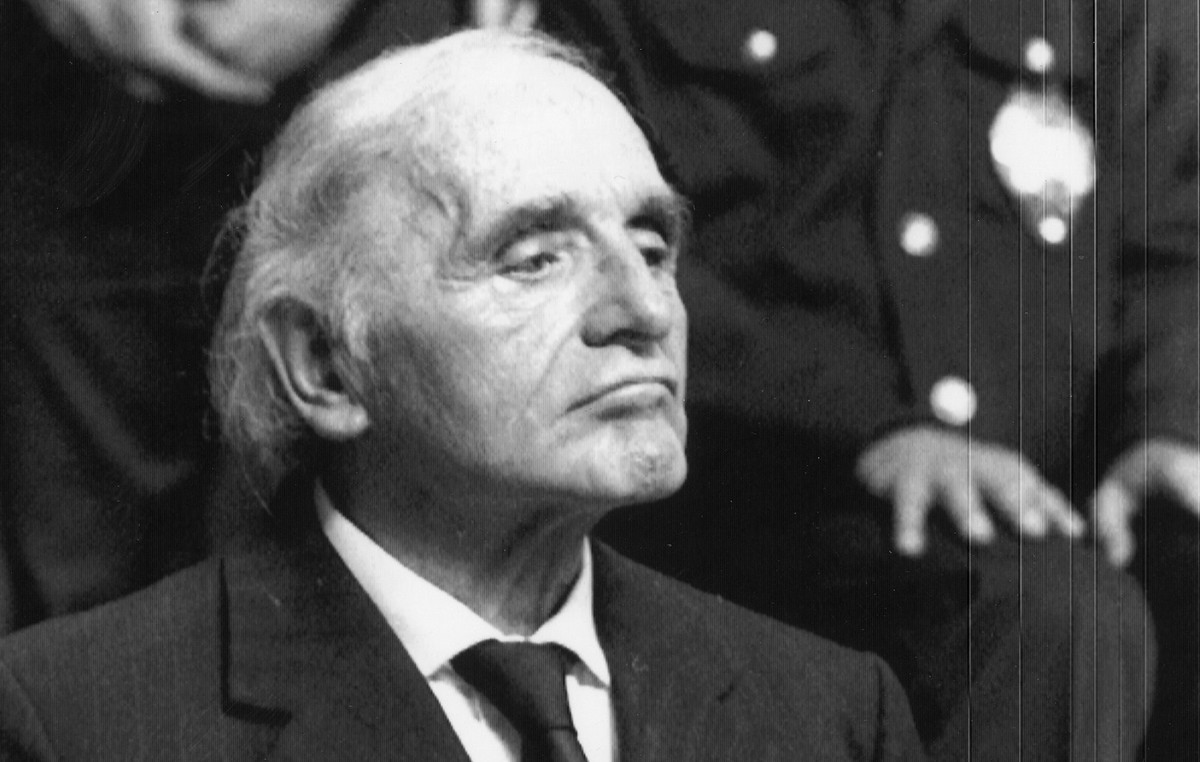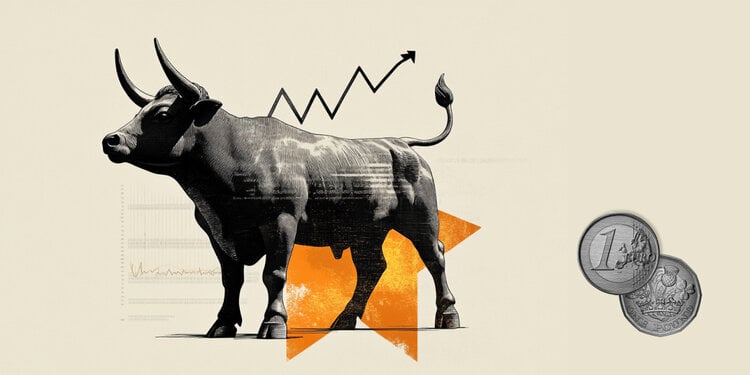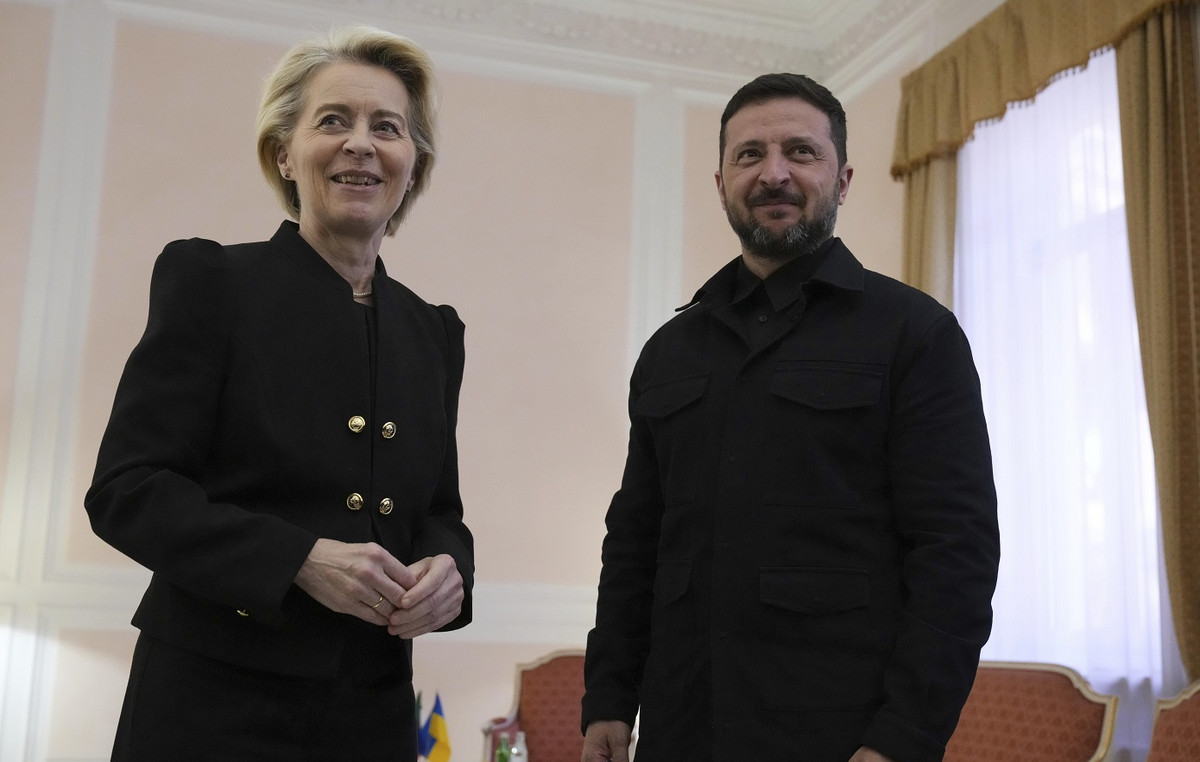Pope Francis’ death, after 12 years of pontificate, marks the end of an era to the Catholic Church and paves the way for a new leadership that could have significant impacts on the world geopolitical scenario.
Jorge Mario Bergoglio, Pope Francis, died on Monday (21), at the age of 88, in Rome. According to the Vatican, death was caused by a stroke and heart failure.
To Alberto Pfeifer General Coordinator of the International Strategy Analysis Group on Defense, Security and Intelligence at the University of São Paulo (DSI-USP), Pope Francis’ successor will take a central position in global reordering.
According to Pfeifer, the new pontiff will have the potential to unite the world around a common agenda or, depending on its profile, aggravate world political fragmentation.
“The role of the Church has declined a lot throughout the century. The Catholic Church was already the main political entity at the end of the Roman period. In the Middle Ages, it was the great owner of land and owner of wealth. In addition, canon law was the law that ordered social relations and between countries for much of that time. Citizens and states, and countries with each other, ”he explains.
“But the role of the Church remained strong, especially in the West and, more than anything, at the contemporary moment of information technology, the popularity, the misconception of the papal figure, inaugurated with John Paul II and strongly carried out by Francis I, assumes a central position in the attention of public opinion. He is able to alter perceptions, drag crowds and influence international relations,” he adds.
According to Pfeifer, the Argentine Pope defended progressive agendas, such as the greater acceptance of sexual and racial minorities, the protection of immigrants, and the defense of world peace, consolidating their image as an influential figure in global public opinion.
“Francisco, the first Latin American Pope, promoted a significant change in church dynamics by including traditionally marginalized regions, naming cardinals in Africa and Asia. Its pontificate was marked by attempts at mediation in international conflicts such as Ukraine and Russia, and between Israel and Hamas in the Gaza Strip,” he said.
The role of the new Pope in a divided world
The next pontiff will take office in a complex international context, marked by divisions and the rise of autocratic governments, evaluates the coordinator of DSI-USP.
Pfeifer points out that the new Pope can play a crucial role, whether as a “gale of attention”, joining people of different beliefs around a common agenda, or potentially deepening existing divisions, depending on their positions.
“The choice of Francisco’s successor will be extremely important not only for Catholics, but for the balance of international relations as a whole. The coming weeks will be decisive to determine the direction that the Catholic Church will take and its impact on the contemporary world order,” he says.
This content was originally published in a new Pope will have influence on global reordering, says Alberto Pfeifer on the CNN Brazil website.
Source: CNN Brasil
Bruce Belcher is a seasoned author with over 5 years of experience in world news. He writes for online news websites and provides in-depth analysis on the world stock market. Bruce is known for his insightful perspectives and commitment to keeping the public informed.







